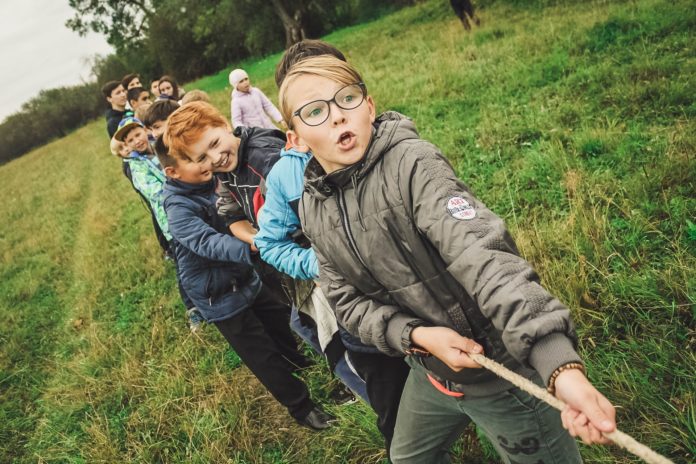How to improve communication and daily work with foreign children, volunteers and project partners from other countries
Work with people in a foreign country is usually very challenging. Facing a new culture, language, and norms require a lot of effort. Volunteers who travel to other countries encounter many cultural barriers on their way. In this, they have a very important role in their projects. The presence of volunteers in educational institutions helps teachers and children develop linguistic, social, and cultural competences. The contact with volunteers has a positive impact on accepting others, stimulates tolerance, and prevents discrimination.
However, the work of foreign volunteers in hosting organisations, also brings some difficulties. Foundation of Social Integration Prom conducted an analysis of reports and statements of their volunteers and organisations among their volunteers. The results show that one of the main barriers obstructing cooperation is the lack of foreign language skills. This could come from the side of the hosting organisations’ employees, children, parents, and lack of language knowledge among international volunteers. The communication difficulties may lead to a situation in which volunteers’ especially at the beginning get in contact only with those few staff members who know foreign languages.
Voluntary service in a foreign country is a challenge for most of the volunteers. Not surprisingly, sometimes difficulties in verbal communication with children or teachers may lead to volunteers’ loss of confidence in the initiatives planned for children.
About the project Happy Kids, Better Europe 4
The attempt to find a solution for this issue led the Foundation of Social Integration Prom to an idea for implementing a strategic EVS project.
This project – Happy Kids, Better Europe 4 – except for daily work of volunteers in educational institutions, featured organising eight workshops for volunteers and hosting organisations’ employees. Also, they conducted two study visits of sending organisations’ representatives and the project participants prepared written assignments.
During workshops receiving organisations’ employees had a chance to take the role of volunteers. This way, they could empirically understand how difficult it is to work when you do not know the language. They got to know what intercultural communication is and learned about the basic elements of culture theory/cultural differences. As part of conducted activities the participants worked out methods of teaching foreign languages to children. They laid down games and activities for kids which do not demand advanced knowledge of Polish language. Moreover, they learned how to communicate non-verbally, and communicate with children and teachers with basic knowledge of a foreign language.
Thanks to this toolkit volunteers and organisation could improve their team work.
This practical knowledge will allow volunteers to easier find themselves in hosting organisations and enable both volunteers and organisations to effectively work in an international team. Materials from workshops and written assignments of volunteers and hosting organisations’ representatives were gathered in the publication Volunteer with us! – a guide of good practices in working with people coming from different cultures and using foreign languages.
The guide was designed primarily for volunteers working with children and their tutors at work. However, it will be also helpful to coordinators and other staff members of sending, hosting and coordinating organisations, mentors, as well as teachers working with foreign children or youth.
Here you can download the GUIDE.
Related articles:
Immerse yourself in foreign cultures through knowing their MYTHS and LEGENDS. Find a story in “OPEN LIBRARY”




